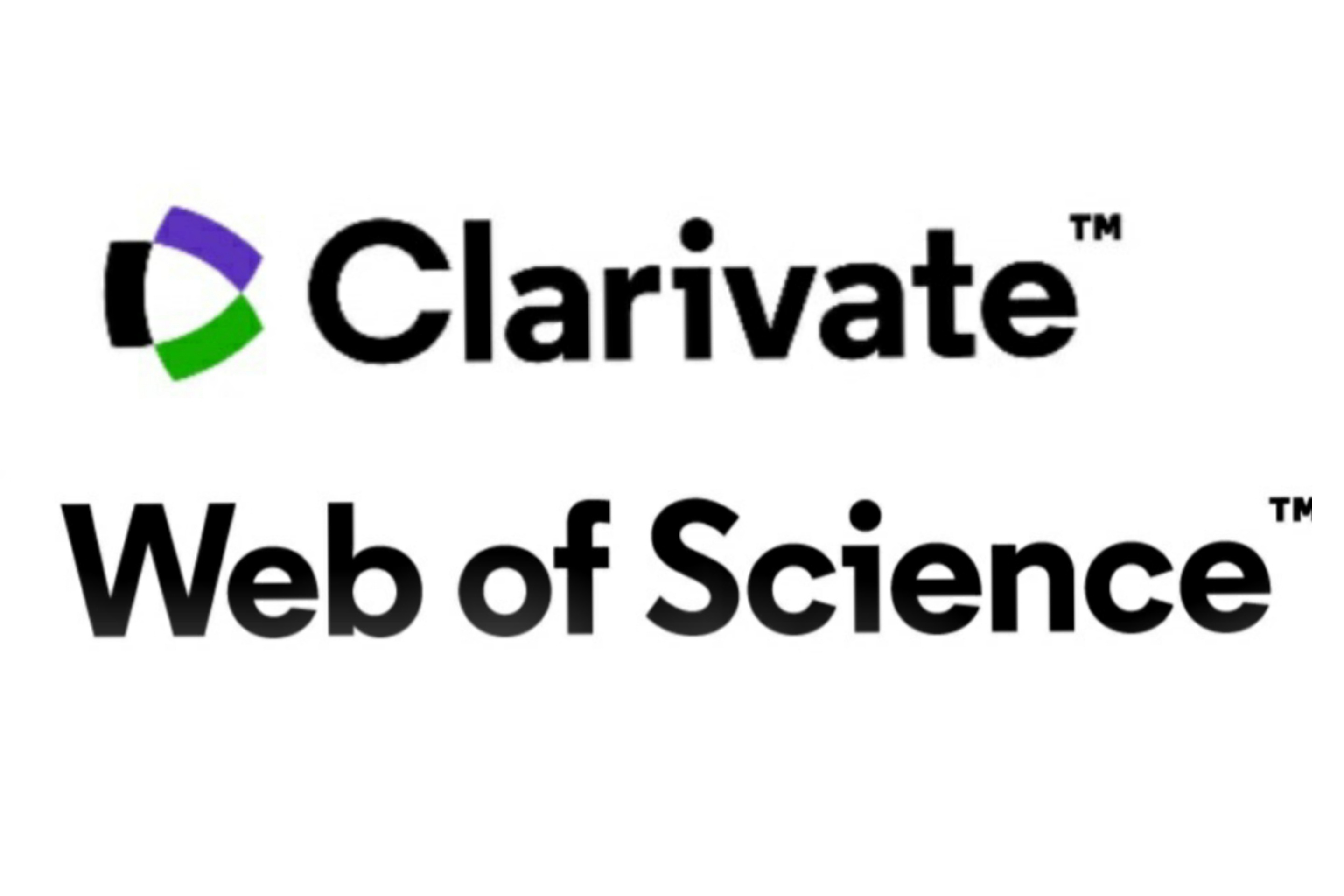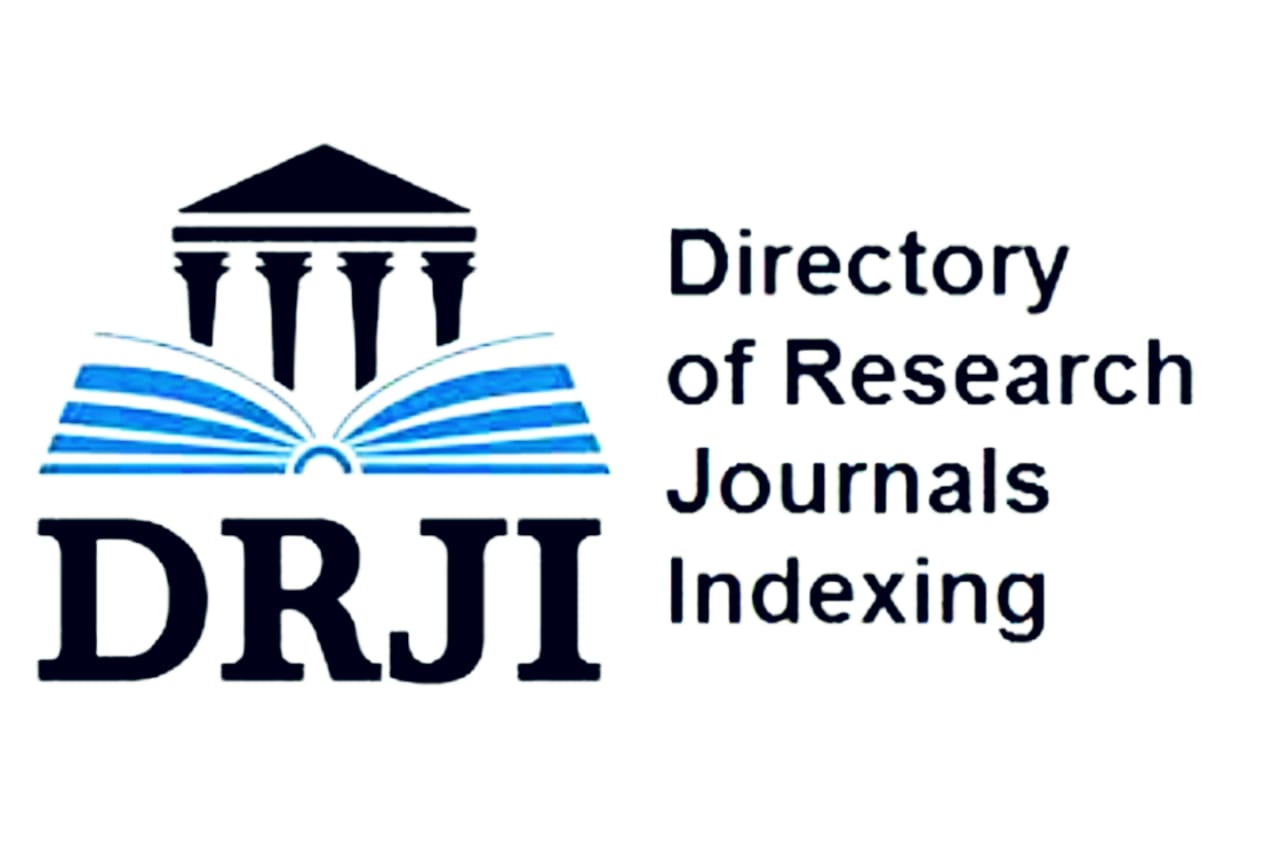Tannin quantification in industrial waste of tobacco production and selection of optimal extraction parameters
DOI:
https://doi.org/10.26577/2218-7979-2015-8-2-81-84Keywords:
tobacco dust (Nicotiana tabacum L.), tobacco extraction, tannins, technological block diagram of tannins extractionAbstract
Optimum technological parameters of extraction for the sum of tannins from tobacco dust (Nicotiana tabacum L) waste of tobacco production were established. The basic process parameters to obtain the highest yield of tannins from raw materials such as selection of optimum extractant ratio of raw material to solvent, extraction time, temperature and mode, selection of the optimal precipitator for tannins and the optimal ratio of extract to precipitator. A process technological scheme of tannins extraction from tobacco dust waste was suggested.References
1. Swain T. Tannins and lignins, pp. 657-682, in G.A. Rosenthal and D.H. Janzen (eds.). Herbivores: their interaction with secondary plant metabolites. Academic Press, New York, 1979.
2. Hagerman E. Extraction of tannin from fresh and preserved leaves // J. Chem. Ecol., 1988. – Vol. 14 – No. 2 – P. 453–461.
3. Mercurio M.D., Smith P.A. Tannin quantification in red grapes and wine: Comparison of polysaccharide- and protein-based tannin precipitation techniques and their ability to model wine astringency // J. Agric. Food Chem., 2008. – Vol. 56. – No. 14. – P. 5528–5537.
4. Naurato N., Wong P., Lu Y., Wroblewski K., Bennick A. Interaction of tannin with human salivary histatins // J. Agric. Food Chem., 1999 – Vol. 47. – No. 6. – P. 2229–2234.
5. Lloyd D.J. Tannin Chemistry // Nature, 1934. – Vol. 134. – No. 3390. – P. 611–614.
6. Schofield P., Mbugua D.M., Pell A.N. Analysis of condensed tannins: a review // Animal Feed Science and Technology, 2001. – Vol. 91. – No. 1–2. – P. 21–40.
7. Scalbert. Antimicrobial properties of tannins // Phytochemistry, 1991. – Vol. 30. – No. 12. – P. 3875–3883.
2. Hagerman E. Extraction of tannin from fresh and preserved leaves // J. Chem. Ecol., 1988. – Vol. 14 – No. 2 – P. 453–461.
3. Mercurio M.D., Smith P.A. Tannin quantification in red grapes and wine: Comparison of polysaccharide- and protein-based tannin precipitation techniques and their ability to model wine astringency // J. Agric. Food Chem., 2008. – Vol. 56. – No. 14. – P. 5528–5537.
4. Naurato N., Wong P., Lu Y., Wroblewski K., Bennick A. Interaction of tannin with human salivary histatins // J. Agric. Food Chem., 1999 – Vol. 47. – No. 6. – P. 2229–2234.
5. Lloyd D.J. Tannin Chemistry // Nature, 1934. – Vol. 134. – No. 3390. – P. 611–614.
6. Schofield P., Mbugua D.M., Pell A.N. Analysis of condensed tannins: a review // Animal Feed Science and Technology, 2001. – Vol. 91. – No. 1–2. – P. 21–40.
7. Scalbert. Antimicrobial properties of tannins // Phytochemistry, 1991. – Vol. 30. – No. 12. – P. 3875–3883.
Downloads
How to Cite
Shakeshev, M. T., D. Yu. Korulkin, and M. K. Nauryzbaev. 2015. “Tannin Quantification in Industrial Waste of Tobacco Production and Selection of Optimal Extraction Parameters”. International Journal of Biology and Chemistry 8 (2):81-84. https://doi.org/10.26577/2218-7979-2015-8-2-81-84.
Issue
Section
Chemistry
License
ааа

















